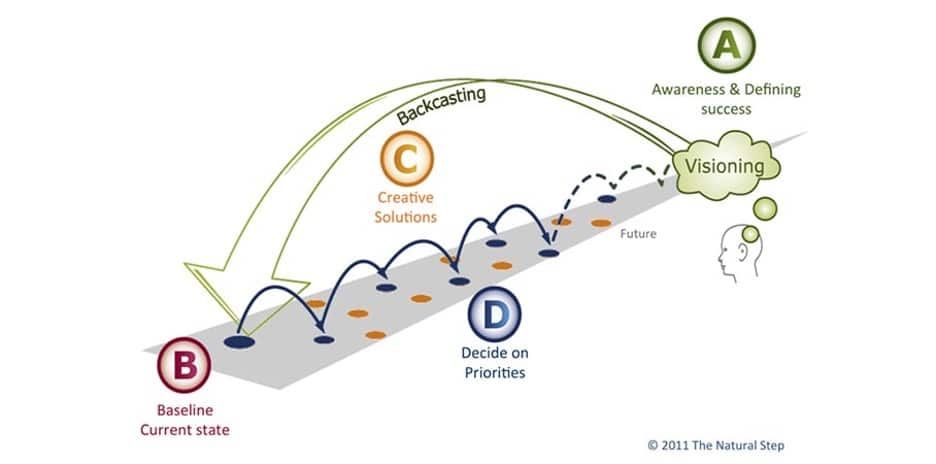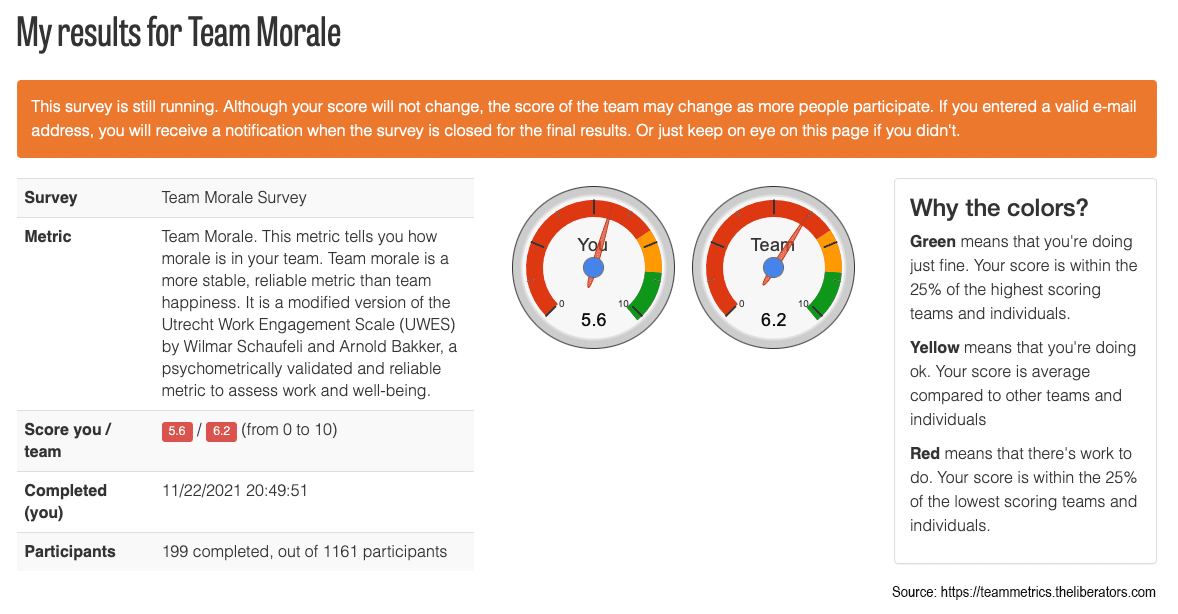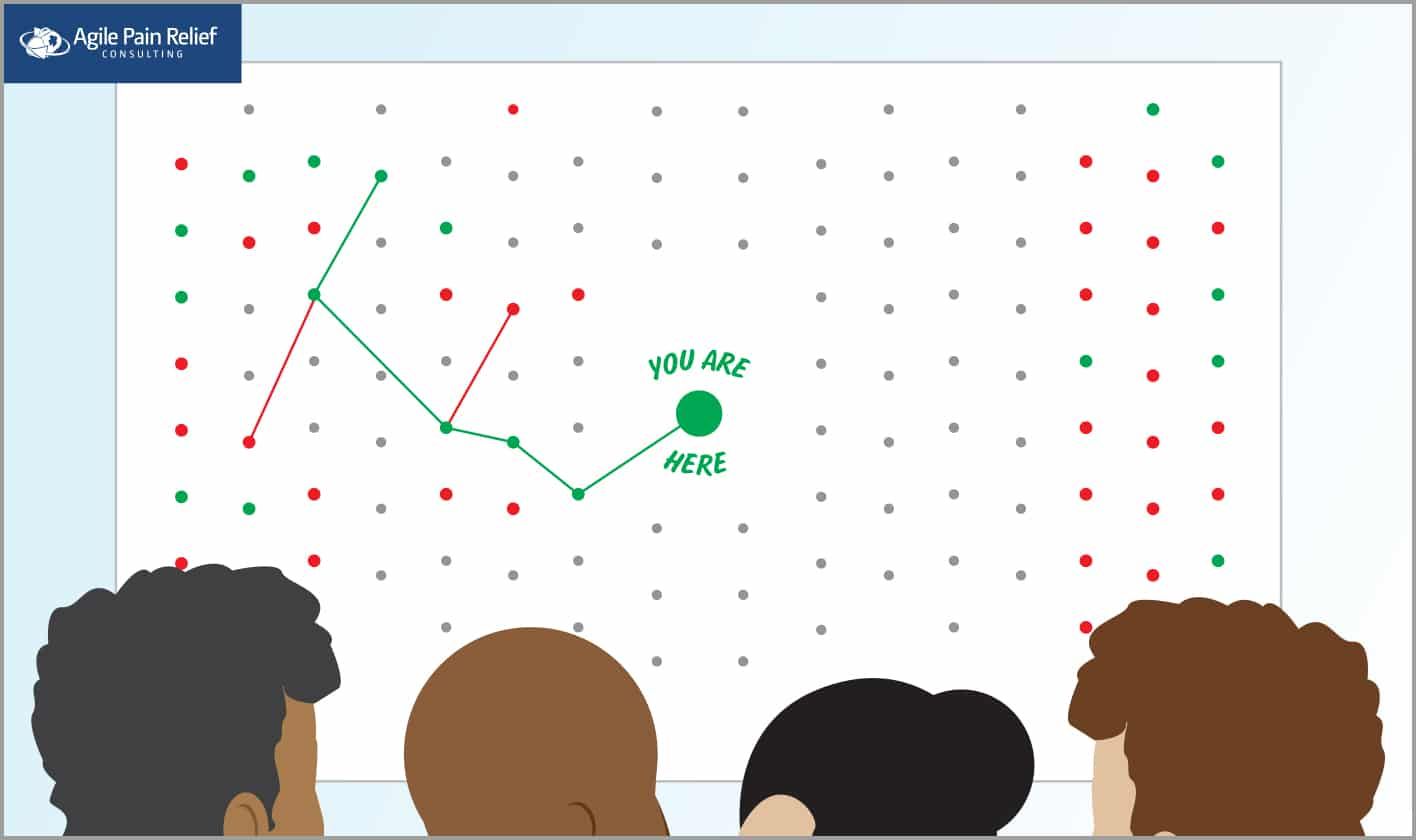
The Spotify Model of Scaling - Spotify Doesn’t Use It, Neither Should You
Spotify never really used the famous model. Or don't create tribes
Read full article
Spotify never really used the famous model. Or don't create tribes
Read full article
Instead of focusing on being Agile, create a shared vision of what improvement actually looks like
Read full article
Data and metrics are not synonymous. Velocity won't help your team improve
Read full article
Retrospectives are not Post Mortems. They're about your next tangible improvement
Read full article
There are many ways to redefine a work environment to support greater creativity that have
Read full article
“Focus on the customer. Build amazing quality stuff. Release frequently. Always improving.
Read full article
Dan Mezick has written an intriguing book about creating an Agile Culture
Read full article
Nearly 6 months ago I saw another Top 20 list of Agile people. I was troubled. As a result
Read full article
There is just one problem, the whole concept of thought leaders is alien to Agile
Read full article
For the sake of simplicity, I’m ignoring anything beyond release planning (e.g. strategic,
Read full article
Metrics have best before dates. Eventually you will stop getting real value from them. Throw them away
Read full article
On any project it will take from 2-4 months for the team to integrate a new person
Read full article
The underlying point is that Agile/Scrum teams use relative estimation (e.g. is this
Read full article
[A Personal Retrospective on the Agile 2009
Read full article
- I found only one bad session. - I saw a lot of old friends and made some new ones (Kari,
Read full article
Design reviews often fail when people due to a host of cognitive biases
Read full article
Authors need to respond to reviews and comments
Read full article
Recently I had a conversation with a long time friend that made me realize that in my
Read full article
**Basics:** The product backlog is a prioritized list of features of everything needed and
Read full article
At the core of any successful development project is a team. The team can either work
Read full articleExplore what Scrum is and how to make it work for you in our Scrum Certification training. Hands-on learning will guide you to improve teamwork, deliver quick feedback, and achieve better products and results.
Focuses on the role of the team and the ScrumMaster. Get the skills and practical experience necessary to improve teamwork, take the exam, and advance your career with a certification that is in high demand today. Often the best fit for anyone new to Scrum.
Learn on-the-job applications of key Scrum concepts, skills, principles, along with practical solutions that you can apply the next day for difficult, real-life situations.
Everything you need to earn your Scrum Alliance® ScrumMaster certification, including exam fee and membership, and so much more.
With focus on the challenges that real teams face, and tools to dig deeper. You don’t need more boring Scrum theory. You need something you can sink your teeth into to see immediate results.
This workshop is not just for software development or people with a computer science degree. We’ve helped many non-software teams with Scrum.
Use Scrum knowledge to standout at work, get paid more, and impress your customer, all without burning out.
Our active Scrum community forum is a safe place to ask questions. Long after you earn the Certified Scrum Master certification, you will have access to the forum, course materials, and additional valuable resources.